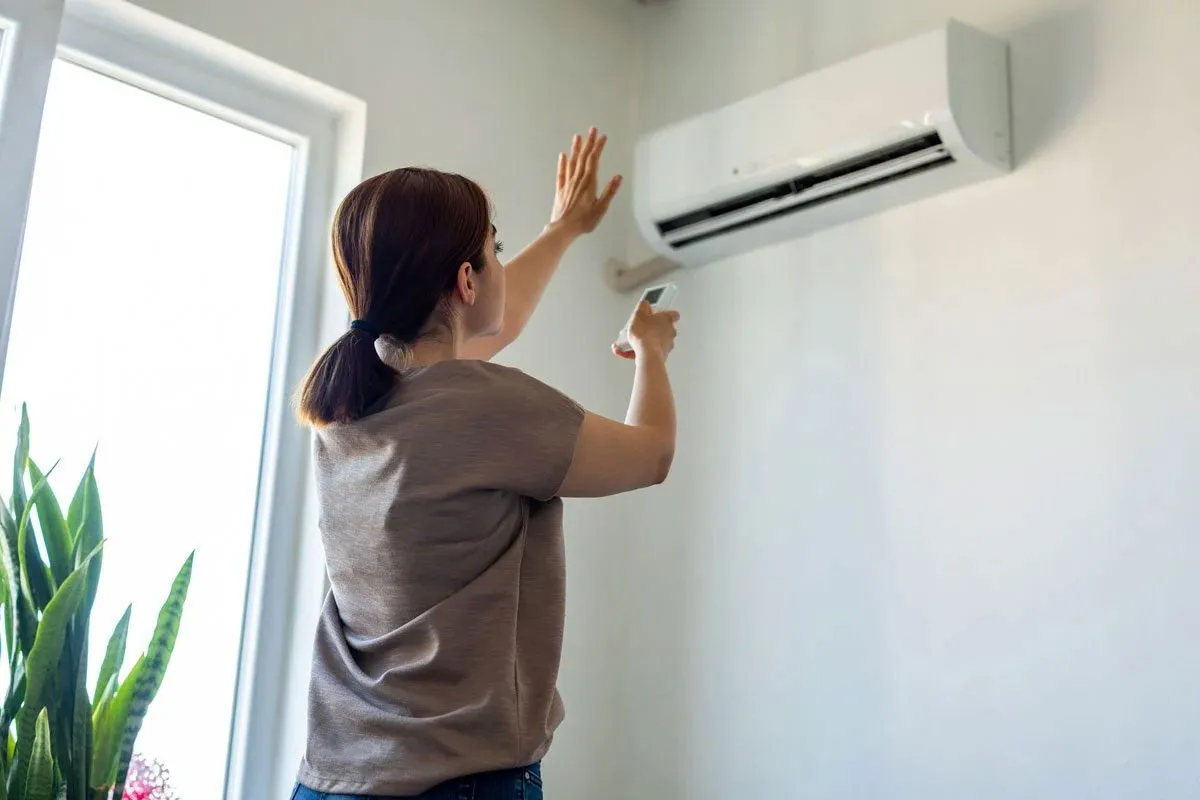
Indoor air quality is a critical aspect of a healthy home, especially in Port St Lucie, where warm, humid conditions can contribute to mold growth, allergens, and other airborne contaminants. Poor air quality can lead to respiratory irritation, allergy flare-ups, and even long-term health concerns. Addressing these issues requires a combination of proper HVAC maintenance, air filtration, humidity control, and other strategies designed to keep your home’s air clean and safe.
Understanding the Importance of Indoor Air Quality
The air inside your home can be more polluted than the air outside, even in urban areas. Dust, pollen, mold spores, pet dander, and chemical pollutants can accumulate over time, especially in homes with poor ventilation. Florida’s humid climate can make these problems worse by promoting mold and mildew growth. Ensuring that your home maintains clean and healthy air is essential for comfort, health, and overall well-being.
Common Indoor Air Quality Problems in Port St Lucie
Several factors can contribute to poor indoor air quality in homes throughout Port St Lucie:
- High Humidity: Moisture encourages mold growth and dust mites, which can trigger allergies or asthma.
- Mold and Mildew: Often found in damp areas like bathrooms, attics, and around HVAC systems, mold releases spores that can irritate the respiratory system.
- Dust and Allergens: Dust can accumulate on surfaces and in the air, carrying pollen, pet dander, and other allergens.
- Chemical Pollutants: Household products like cleaning agents, paints, and furniture can emit volatile organic compounds (VOCs) that affect air quality.
- Pet Dander: Homes with pets often have higher levels of airborne allergens that can worsen allergies.
Recognizing these common problems is the first step in addressing indoor air quality effectively.
Air Filtration Solutions
Air filters are a fundamental component of maintaining indoor air quality. High-efficiency filters, such as HEPA filters, can capture smaller particles like pollen, dust, and pet dander that standard filters may miss. Replacing filters regularly is essential, as dirty filters reduce airflow and allow pollutants to circulate. Some HVAC systems also support whole-home filtration systems that provide more comprehensive protection by cleaning the air throughout the house rather than just individual rooms.
UV Sterilization for HVAC Systems
UV sterilization is a technology that uses ultraviolet light to neutralize bacteria, viruses, and mold spores that pass through your HVAC system. By installing UV lights near the air handler or coils, homeowners can prevent microbial growth and reduce the spread of contaminants throughout the home. UV sterilization works alongside filters, offering an additional layer of protection against airborne pathogens and improving overall air quality.
Controlling Humidity
Maintaining proper humidity levels is essential for preventing mold growth and minimizing allergens. In Florida, humidity can be particularly high, creating a favorable environment for mold and dust mites. Whole-home dehumidifiers can help keep indoor moisture levels in check, while portable dehumidifiers can be used in specific problem areas. Ideally, indoor humidity should be maintained between 30% and 50% to promote comfort and reduce health risks.
Regular HVAC Maintenance
Your HVAC system plays a key role in maintaining air quality. Dirty coils, clogged drains, and poorly maintained ducts can reduce efficiency and circulate contaminants. Routine inspections and maintenance, including cleaning coils, checking refrigerant levels, and ensuring proper airflow, keep your system running efficiently while improving indoor air quality. Scheduling professional maintenance at least once a year is recommended, particularly before peak cooling seasons.
Ventilation Improvements
Proper ventilation is essential to reduce the buildup of pollutants indoors. Exhaust fans in kitchens and bathrooms remove excess moisture and odors, while properly sealed and ventilated attic spaces prevent mold growth. Homes with limited natural ventilation can benefit from mechanical ventilation systems that bring in fresh air and filter it before circulation. Good ventilation ensures that indoor air is continually refreshed and contaminants are minimized.
Portable Air Purifiers
For targeted solutions, portable air purifiers can be used in bedrooms, living rooms, or other frequently occupied spaces. These units often use HEPA filters and activated carbon to remove airborne particles and odors. While they cannot replace whole-home solutions, portable purifiers are effective for localized air quality improvements, especially for individuals with allergies or respiratory sensitivities.
Lifestyle Practices to Support Clean Air
In addition to technology and HVAC solutions, certain lifestyle practices can significantly improve indoor air quality:
- Regular cleaning to reduce dust and allergens
- Minimizing the use of chemical products indoors
- Grooming pets and keeping them out of bedrooms
- Promptly addressing leaks or water damage
- Avoiding smoking inside the home
Combining these practices with professional HVAC solutions creates a comprehensive approach to clean, healthy air.
Conclusion
Indoor air quality is a critical concern for Port St Lucie homeowners, with humidity, allergens, mold, and chemical pollutants posing ongoing challenges. Addressing these issues with air filtration, UV sterilization, humidity control, and proper HVAC maintenance ensures a healthier and more comfortable home environment.
For homeowners seeking to improve indoor air quality and protect their family’s health, working with a licensed HVAC professional is essential. A qualified technician can assess your home, recommend tailored solutions, and ensure your system is running efficiently. If you want to enhance the air quality in your home and create a safer living environment, contact a trusted HVAC company in Port St Lucie today and take the first step toward cleaner, healthier indoor air.